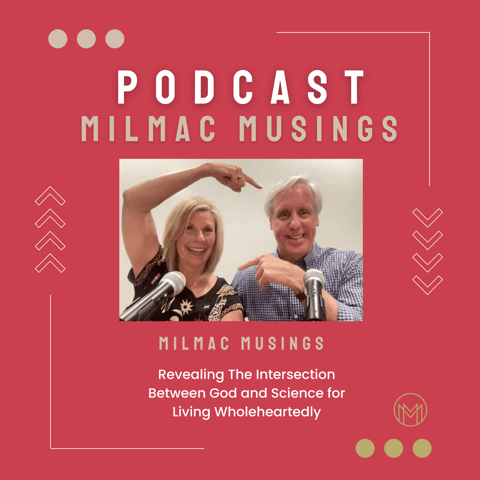Breaking Chains: Healing from Sexual Abuse and the Power of Truth
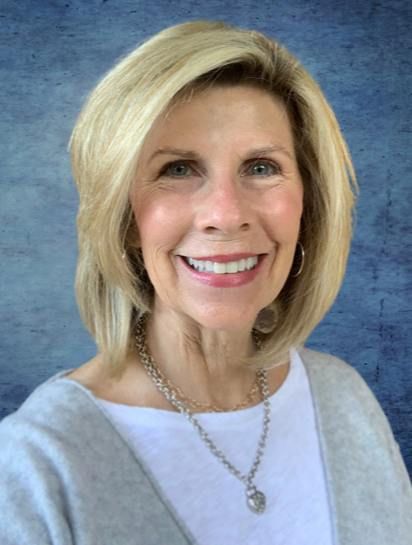
Allison Miller
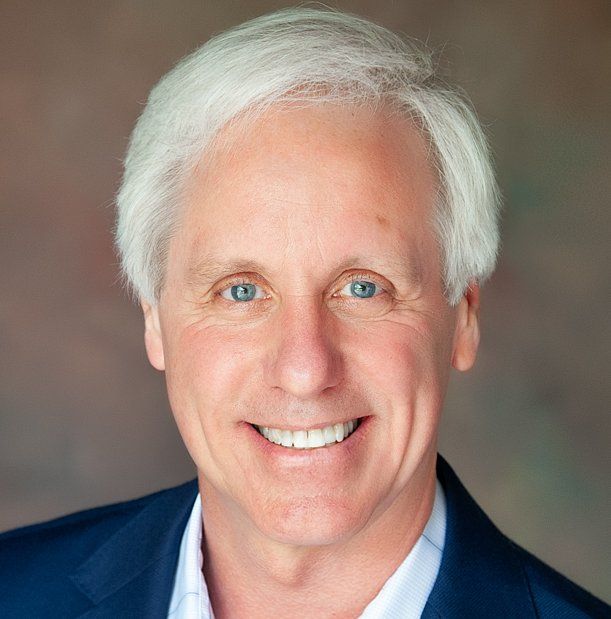
Gerard Maclellan
Breaking Chains: Healing from Sexual Abuse and the Power of Truth
Welcome to MilMac Musings, where we delve into important topics to bring healing and understanding. In this episode, we address the profound impact of sexual abuse on the mind and emotions. Join us as we explore the concepts of double-thinking and disassociation, shedding light on the lasting effects of trauma. Discover the power of truth, grace, and the journey toward healing. Together, let's break the chains that bind and embrace a path of restoration.
Resources
Areas of Impact of Sexual Trauma
Click to download the following graphic as a printable PDF
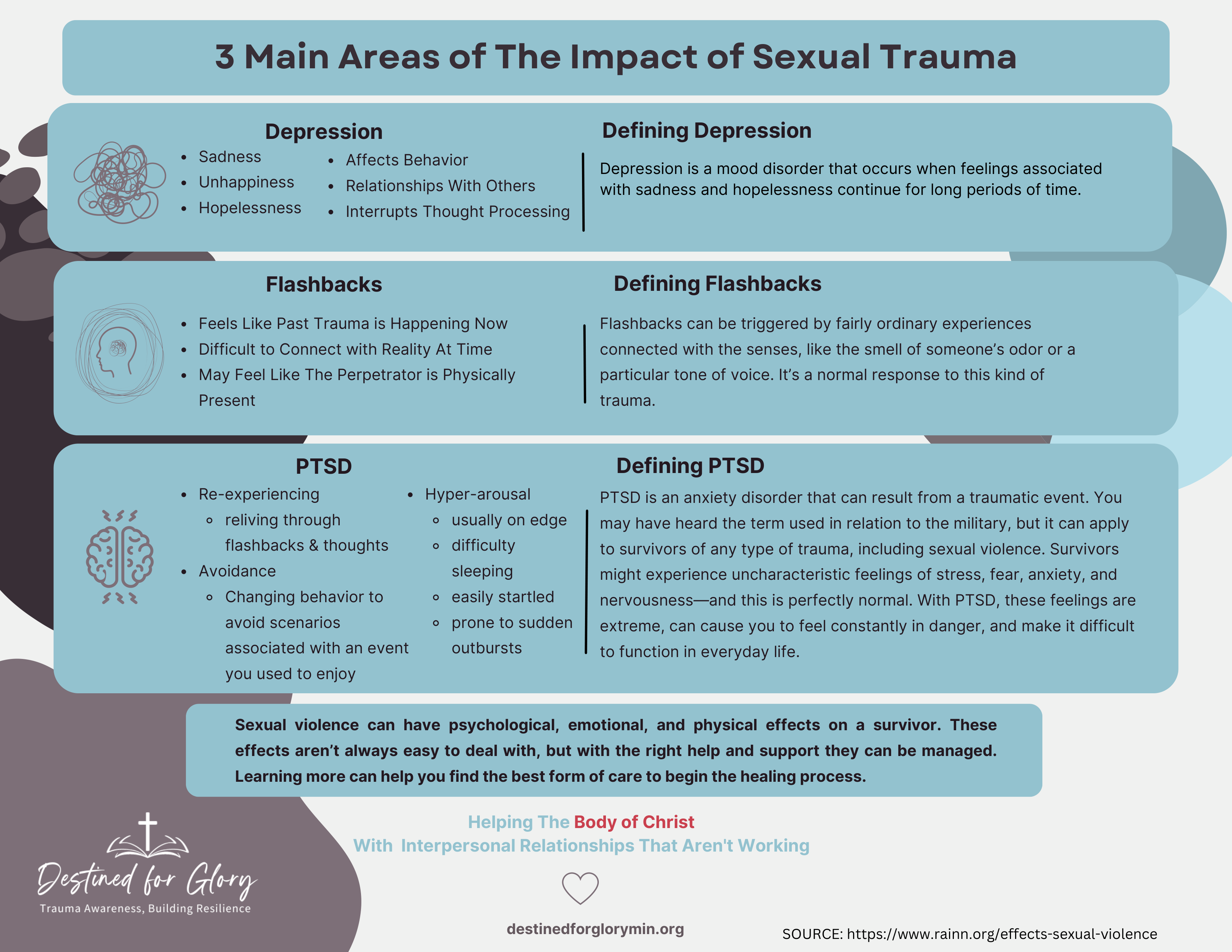
Click to download the following graphic as a printable PDF
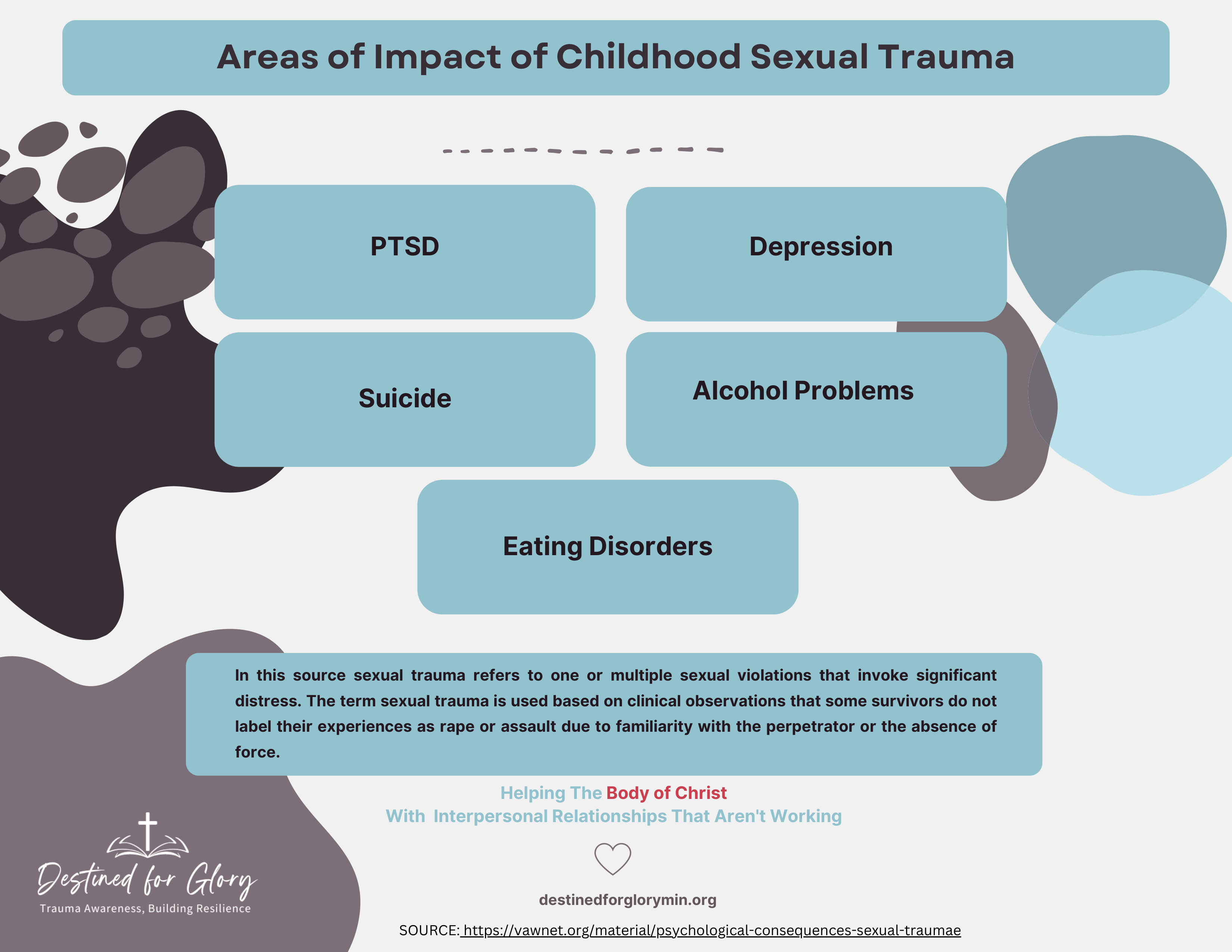
Distorted Thinking
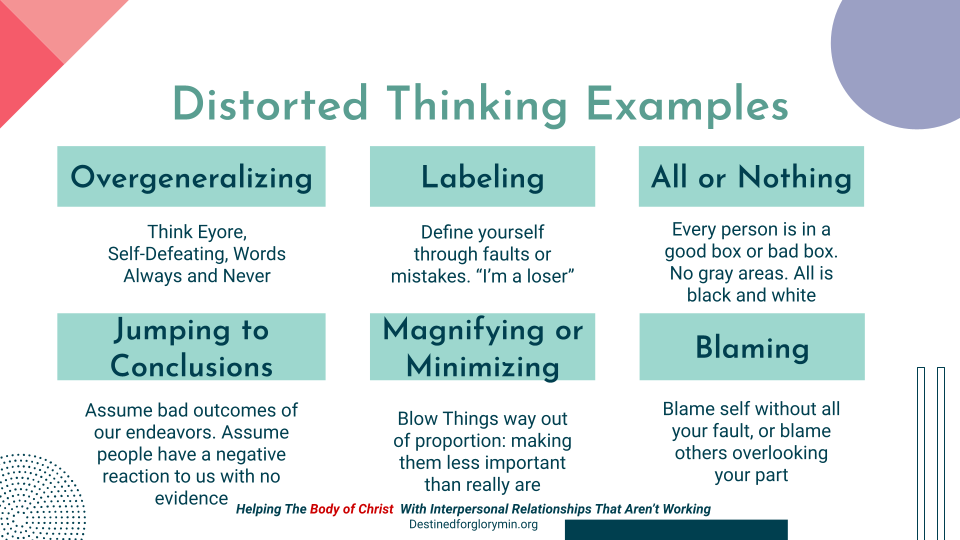
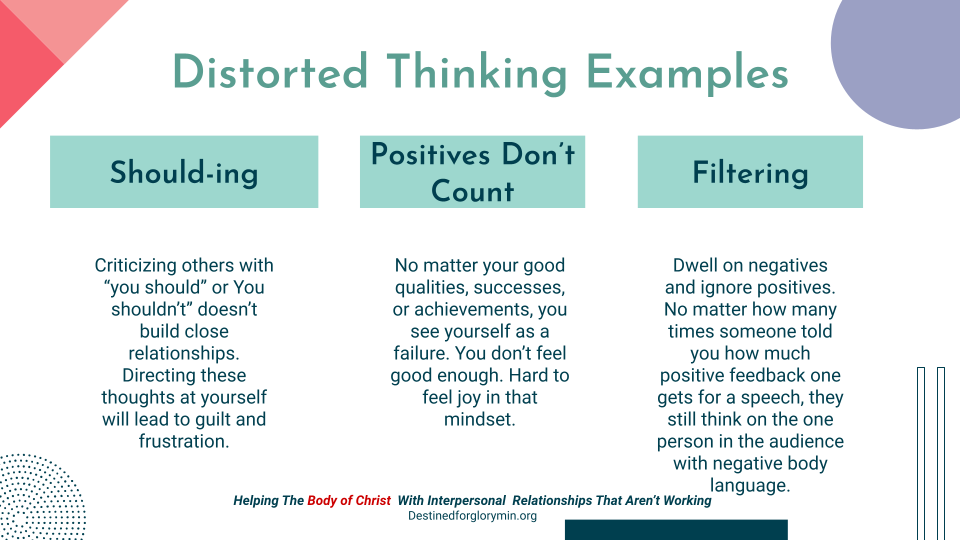
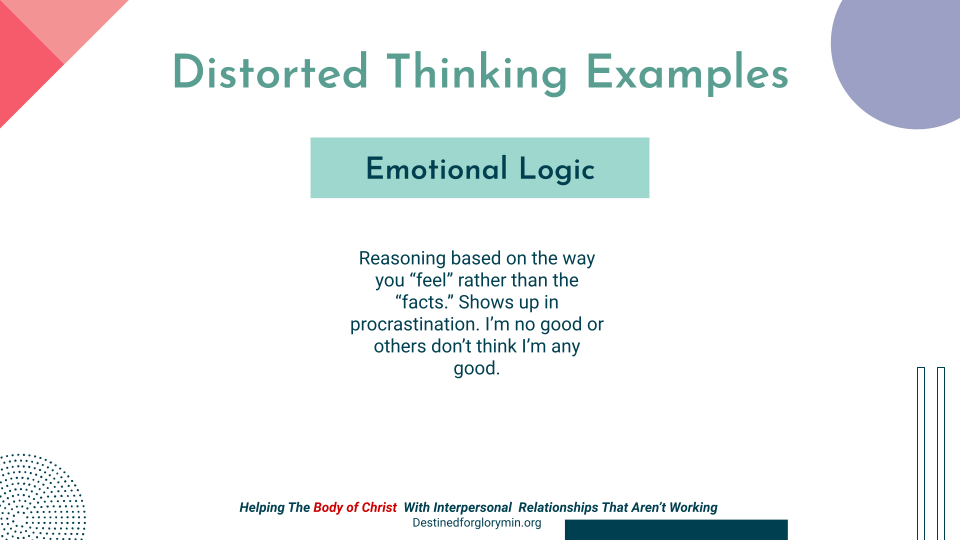
Listen To The Episode
Get New Podcast Episodes In Your Email Inbox
Send Us a Message
Thank You
Thank you for listening to our podcast. Our hope is that there is something we share that will help you or someone you love.
Trauma Builds the Brain in a Way that God Never Intended. But that Doesn’t Mean There Isn’t Hope.
Help us spread the message of our podcast and ministry to church and ministry leadership, couples, and individuals in the body of Christ.
Show Transcript
00:00:02.820 Hi, everyone. Welcome to MilMac Musings. We're in our other studio today. And we just want to say, first of all, thank you for joining us today. We're going to be talking about sexual abuse and abuse itself, what it does to your thinking. And your mind is you know just some of the emotions we've talked about in the past. But this is something that's important. We have double take and disassociation that we're going to be going into a bit here.
00:00:28.680 And I just want to begin just by reading another quote from Dr. Diane's book. And we've referenced that quite a bit for this particular subject because it really, really is something that we've talked prior to the podcast also, too, about the abuse in the church too. And that will be for another podcast. But all of this combined happens to the people who are really going through the sexual abuse, both traumatic and complex trauma, too, with the continuing ongoing abuse.
00:01:02.940 So I just wanted to just mention a few things here from Dr. Diane's book. And again, she's a forerunner in the movement. So that's why we really feel very confident going to her resource here because it's helpful. And it's really what they we're all here for interpersonal relationship, and her work is a pioneer of what we're doing. And we are going to carry the torch forward, and we are going to be shouting it from the mountaintops. So this is about double-thinking, right? Correct. Yeah.
00:01:31.680 This is double-thinking. I'm just going to give you first a quote and then an example she uses. So we're going to be listening to the voices of the survivors that describe their distorted thinking. And then she's going to explore the areas of double think and disassociation. So here's an example of one of the people that she has counseled. My mind would ruminate on thoughts that would be against me as a person, against my worth, repeating old lies from my youth. My thoughts never rested.
00:02:02.280 I will go from one negative panic thought to the next. I will draw conclusions about others, excuse me, and myself based on thoughts and feelings that were not attached to anything in the present. And that's kind of going back to what we've talked about for all of the abuse. This is what happens when you have really, you're detached. And so as you're going through all of these things, you have such a distorted view of the lies that you believe about yourself based on the perpetrator and the care environment that you grew up in, and particularly if it's a caregiver that you suffered the abuse from, it's the confusion.
00:02:38.340 You, as a child, are ego-centric. And you're saying, "Okay, it's me." And it's just the way the child is. I did something wrong because they can't comprehend the evil that's behind what's happening. And just a quick note, the eyes of an abused child see everything as a blur. All truth is distorted. And that's just terrible. Yeah, I can't agree with all of that right there more.
00:03:04.320 I mean, as a person who is a survivor of physical, emotional, and sexual abuse, I can just tell you that my mind was running from one thing to the next, and it was very polar opposite. And all of my thoughts were very consistently running through my head, and I could have no control of them. And you know it didn't help me at all.
00:03:33.960 You know It made me feel worse about myself. And even as an adult, I mean, really, until I learned how to process those thoughts. And really, you know I go back to part of what scripture taught me was taking every thought captive. And so that is what really helped me. But I can tell you I understand that so much. Yeah I've lived it, I've experienced it, and it's a very difficult time and place to be.
00:04:02.460 And you know as you're going through that, you don't have any rest. It's turmoil all the time because you're believing the lies of the really, it's the enemy who's really making it how can I say it's really giving you such anxiety and there's other emotions involved. And the other thing, too, is you're keeping it suppressed. Yeah You're not letting it out because you think that people out there will not understand you, first of all, and then they will be against you.
00:04:35.760 What's going on? Yeah. And you also, I mean, it's anxiety and it's fear. The fear part of it is like you think that everybody sees what you're thinking. And that is just scary. It's like that big caption in the cartoons where your thoughts are out in the bubble. And we're not making light of it. We're just really trying to make an example of what we're talking about. And that's exactly what happened. It's very real, and it stays within you.
00:05:04.260 And not having gone through sexual abuse myself, but just the abusive tendencies that happen, whatever abuse you go through, that still happens because the other thing you do is compare yourself amongst ourselves. We do that. And that's something that's not right too because how many examples would we set forth from the very beginning of our podcast till now of people who they look like they're living the perfect life. Oh yeah And we said many times before, they don't know what's going on behind closed doors.
00:05:34.080 And it's a really sad for us to really when we dwell on those type of things. I was just thinking the other day about, from my perspective, how much time I wasted on that. Oh yeah How much time I thought all of these type of emotions that were unprocessed and how the shame and you had sometimes guilt, sometimes shame, and just the lies about yourself that you were believing.
00:06:07.200 Yeah. But I mean, even in those moments when all of that was happening, I mean, you only know what you know. So you know you're operating in the best way that you know how with the information that you have in that moment. So really, until you learn about what this really is, what it looks like, how it affects you, then you can't be in the present. You can't escape that thought process, that way of thinking. Very good point.
00:06:35.040 And as we're going forward with this podcast, again, it's this double-thinking disassociation. This is heart-wrenching this particular example of what Dr. Lanberg had mentioned. This is something where if you listen to the voice of the survivor at two different occasions, she describes her father. And we'll start up on my daddy was a wonderful man. Everybody loved him. My parents had parties and sometimes let me come. He told jokes and entertained everybody.
00:07:05.460 He provided a good living for us, for his girls, mom and me and my two sisters. Oh, pause just for a minute. Just because I want to interject. Sure. This young girl is talking about how wonderful her daddy was and the wonderful things that he did for them and how they got invited to the parties that their parents had, how they felt a part of the family because of that. And she loved that.
00:07:38.280 And so that is her first way of thinking. Right. And that's the confusion. That is the double think of looking at her father and her parents in general. Her father was the perpetrator. But to look at then again, it's egocentric. So they're looking at the good and then they look at the bad. Yeah And it's just the way because of how it damages their thinking.
00:08:06.720 And it's something that is documented, well-documented. But as you look for the next example here, do you have anything else on that? I was just going to say we don't know how close these thought processes were, but this is such an example of double thinking. So now her other thought process about her father. Yes. Thank you. My father terrified me. He would drink and come after me and my sisters. We would hide in closets and under the bed.
00:08:33.240 He always found one of us, and you could hear him raping whoever he caught. Mother was either gone or just cooking dinner. There were such wonderful people. Why do you suppose they let this happen to us? So as you can see, the mind does play tricks. It really does. And God designed all of this. And as you're going through it, you're seeing the example of what the mind and the brain, how it functions, and how you're in protection.
00:09:06.600 When you're in protection, you're trying to figure this out, and your emotions are part of this. So her emotions are definitely in both of these, and she's just confused. And she's lived that way. Yeah. So what do you think she's trying to do? I mean, she's got those two thoughts, and she can't really control that she has those two thoughts. She has this wonderful view and perspective. And then she's got this distorted view and perspective.
00:09:37.020 So I mean, as our mind can fool us, I think about what is this young girl trying to do? Is she protecting her? How is she protecting herself? What is happening? Right. That's a good question. So what's happening is she's in a very unsafe situation, but she has to do whatever she can to survive. So we've always mentioned about the inner child who's doing this, who's making a way for the child to survive this cruelty and this abuse.
00:10:09.720 And as she's walking, this is an adult. She's talking this way as well. And when she gets to that point, that's where counseling. That's where Jesus comes in and the healing process takes place because you really have to you can't reconcile the two. You come out with the truth from the double take because something happened to be thinking this way and then thinking this way. And as you're moving forward through your childhood, again, you have to stay safe.
00:10:39.720 And these are the ways that you come about with the tools for the inner child. When I say inner child, I'm talking as an adult, but also when you're a child, you're working your way through this horrific situation. So we carry this stuff with us into adulthood. And then we believe these distorted lies. I mean, really, it's distorted truth is what it is. It's not truth. And even in her second description of her father being so wonderful, she then questions, you know if they're so wonderful, why would they be doing that?
00:11:12.720 That's so not what God designed us for. Oh, yeah. I sigh because his heart must be broken. It's just broken. Great word for that because of what, again, we have the free choice. Yeah And you know we're just going to touch this briefly. Generational mirroring comes into play too. So there's a host of things that come in. But he's brokenhearted. So he's there. And again, we're bringing this up because we have the neuroscience and the biblical aspect, and Jesus has created everything.
00:11:45.180 So when we're working with counselees, when we're working with small groups, when we're working with ourselves, we have to have God with us. And we have to bring everything to the light. And it's not easy. So we've been mentioning over the last number of podcasts to talk about it journaling or writing whatever you feel comfortable with. But it's the hard work to do. So that's something that we really have to do in order to get healed, to get to the other side.
00:12:13.860 And again, it's always a work in progress and you have daily triggers and stresses. But as we talked about, once you get through it, you can step back and understand why these triggers took place. Yeah. And I can tell you, I mean, you're talking about having God with us. I mean, we don't see it all the time. But in reflection back on years of having gone through challenges and difficulties and oppression in this way, I'm able to look back and see where God was.
00:12:47.040 He was there with me. But because of the way that I thought and because of the things that had been done to me and I didn't know how to think any differently, I didn't think he was there. Right. Exactly. And again, it's in Romans 12. I love Romans 12:1-2, but he says to renew your mind. And it's there for a reason. Yeah And we as counselors and caregivers and people coming alongside of people and people in the church who are helping people who are helping to recognize the trauma that people are facing, you know we have to do that.
00:13:21.060 We come in and we are God's light and through us. Again, in and of ourselves with nothing. But with Him, we help each other. It's just an amazing way God has designed it all. So do you have anything else to Allison? He designed us to need each other to help each other to grow. Absolutely. And we're here to help each other heal and you know to strengthen, to be a part of the process that will take you from point A to point B, which is something that will help you in the long run live the life that we're hoping for you to live, which is wholehearted.
00:14:00.720 So I'm going to just mention something here. Another example of Doublethinking is thinking on the one hand that you have no hope of escape. And on the other hand, it will be a better tomorrow. And that's, again, that's just a way for us to get through it, yeah to get through the abuse that's happening, being perpetrated on the individual. And God designed it that way, too. He helped us to be able to do that. But it's not the healthy way that we need to function in life.
00:14:30.540 Unfortunately, things happen through whether any type of abuse, but we're talking about sexual abuse. And it's a horrific act. It's absolutely not the way that God designed this. God designed a family, the mother and father, an extended family, for that matter, to be caring, nurturing, to be supporting, to guide, to instruct in a very godly way. Loving and kind and gentle and tender. Tender.
00:14:59.820 Exactly. And when you're in an abusive situation like that, that's totally against everything God has designed us to be. So again, I know that must grieve his heart to see us. But even having that no hope of escape one day and then the hope that one day you will get out of it and there'll be a better tomorrow is almost, to me, symbolism of God's presence in our lives because he's the one that has given us that hope. He's the one that buries that in us.
00:15:29.700 And like you said, it's not his design for us to have to go from one day to the next, back and forth, back and forth. It's an emotional roller coaster. Very much so. But to be able to finally get to that place where that's not there anymore, and you are in a safe place, and you are being able to live from a heart of truth and understand really the way that God designed you. Exactly. And I think the truth is so important.
00:15:58.320 And so you can see the two areas that need to be reconciled as you're moving forward because, again, you're in a situation as a child that you're looking for safety, and you're looking for somebody to take care of you. And you're so confused. Somebody is taking care of you in some way, but you're taking that as the way that that's safe. And you want to keep in that. The safety is so important for a child because what else are they going to do?
00:16:28.080 Oh, yeah. They have no where to go. They come into the world with a dependence on the people that have brought them into the world to provide that for them. Right. Exactly. So it's a situation where, again, trying to face the truth. I know for me, it was one of the most difficult things. Yeah And I think that as we're reading these examples, we're hoping that you're getting the understanding of the importance of doing this.
00:17:00.840 Again, hard work, and I've said that a number of times, but hard work. But it's so rewarding to finally see the truth about yourself and the way God sees you. That's the most important thing. Yeah. And I can tell you that in my experience, I searched. I searched and I searched and I searched. I searched in all the wrong places.
00:17:23.820 And it really wasn't until I really understood my worth and value in Christ and what He did for me and then going back and looking at my past with Him and others who were safe for me. Right. And that's the thing. As you're in a child, I can give examples of what we're talking about. There are things that sometimes trigger something in me. Yeah And I have to sit down. And I have never done this before.
00:17:52.620 You know prior to understanding what we're doing here and you know understanding the brain and understanding through learning and counseling and other things is that you yourself can be just very confused. But when it happens, to sit down and give you the self the time because we're in a culture that you got to go, go, go, go. And so if that happens, oh, forget it. Put it behind us and we'll just keep going. Pull up your bootstraps. Yeah, we're going to say function.
00:18:23.700 We're going to say the prefrontal cortex and function. We're not going to say that. No, but you have to. So for me, that was exciting. Yeah And why I say that is because I sat down and I just talked to the inner child. Yeah I said, "Lord, there's something going on here." So you know the inner child is the one we talked about it is put up the safety, the defense mechanism to get through it, but you're talking to the inner child that you're saying, "It's okay.
00:18:53.160 I'm at this point now. It's okay. Let's rest." But something still would trigger it. But as you're saying, it's Christ that comes into that area, that brokenness that's in your heart to heal you. But when you recognize that, that is so different than just burying it and having it come out in a way that's an unprocessed emotion that can hurt other people from anger or whatever, whatever else it is. But it's just exciting. And I say that it's exciting because I can do that.
00:19:22.680 And God's with me to do that. And you're coming back not as the child. You're coming back as the adult who is coming to the child. So you're the adult child now. Right. Exactly. And you're coming back to that child, and you're nurturing that child going through that. You're nurturing the areas that weren't nurtured as they should have been. Yeah So it's a powerful way God has designed us and praise God that he's right there every step.
00:19:54.360 He has his arms open as wide as why it can be. And God is the God of the impossible. And I know that, again, people have a distorted view of God, and that's what we're trying to do. We're trying to show you the love, caring, grace, mercy. And I guess the biggest thing is just the love. The love. And then he has good things for you. He designed you for good things, not for a life filled with these types of things or the haunting of these types of things.
00:20:24.120 Right. Exactly. And just again, as I said earlier, the wasted time of all that. And it's just a shame. It's not blaming everybody, but God wants you to live wholeheartedly. And when you're not doing that, you're not living His best for you. And that's just sad. And so we're hoping to at least you know whatever stage in life you're in, we're just hoping that these tools that we will provide for you and have provided through the podcast, at least the understanding of them, to really bring it to the next level that he wants you at.
00:21:00.240 Okay on that one? Yeah. All right. So I'm going to start with disassociation. Many survivors simply refer to it as speaking out. Excuse me, spacing out. This association helps the survivor get away physically or emotionally from abuse. You can disassociate from the feelings in your body, from the emotions, or from the reality of what is happening. Some survivors do all three. And I'm going to just give you a couple of examples of this.
00:21:29.940 He would turn me upside down on the bed and rape me. I would pick out a flower on the bedspread and concentrate on it. Eventually, I would go into the flower. Then I could not feel that he could not feel what he was doing. And the second one is I used to imagine a beautiful place full of flowers in a pretty lake. I would be a little girl running around and playing, sometimes flying a kite. I always went there when he raped me.
00:21:59.520 Just take a moment to the sadness of what's happening. But the mind, again, God made this you know how our minds can react to things to disassociate, to separate. So it's really for you to be able to survive it. Yeah. And it's a protection when you're young. First of all, again, ego-centric. And you're not understanding the evil behind it.
00:22:29.040 You're wanting to be in a safe place, and you're putting yourself there by doing that. Because if you can separate the heinous act that's going on, you will survive. But it's not the way God designed it. But it's a way for you to, I guess, escapes a word you can use. It gets you away from exactly the physical pain and the physical abuse that you're suffering at the hands of the perpetrator.
00:22:57.300 And it's a very delicate subject, and it's something that's important to bring out because people who may have been abused or who are abused or have been from a sexual nature, that is something that they need to do to survive to get through that safety job. It's a coping mechanism in the moment. That's a great way to put it. Thank you. Coping mechanism in the moment. Great way to encapsulate the true feelings of what's going on. The true example of what's going on there.
00:23:27.840 You know We've talked about so much with what the mind can do. And again, we're looking at your prefrontal cortex, your midbrain, and your limbic, which is the emotions. And you can see how they all interact. And the sadness of the abuse that's been perpetrated by others on an individual really can take its toll on people who are caretakers too, survivors, obviously.
00:23:57.420 But then you know even the caregivers who are the new caregivers of the people who are coming alongside them. But you have to from my perspective, one thing that's important is just to listen. Again, it's the act of listening that helps people. And then you don't just go from this, what I just explained, as you're an adult seeking counseling to trusting the individual. You just won't do that.
00:24:24.960 And that's a point that I want to really just make a direct point here, is a better way to put it, that in order to move on, you really have to trust that person, that safe person, which we've mentioned many times. And that's built. Yeah. It really is. It really is. It takes time. And as I know for myself, as going through the abuse, it was always wonderful to have somebody who would just listen to you.
00:24:55.740 They didn't have to do anything. They just had to be there and listen to you. And you know to come alongside you, and I guess the one word we've talked about so many times is empathy. You're sitting here. You know I'm here with you. And validation and all of that. Listening, empathy, and validation. Right. So those are the key components to what we're talking about here. Yeah And I'm just going to bring one more thing on the disassociation.
00:25:23.220 The ability to disassociate is very high in school-aged children. If you were that age when you were being abused, it is very likely that you use that capacity as the keyword you just said, coping mechanism. But what was helpful to you as a child can be very dangerous to you as an adult. And we mentioned this before. As an adult, your surroundings should be in the wrong surroundings, and you won't be picking up the danger that's involved with that.
00:25:52.440 So as you're going into situations, one example is a woman who has been raped in the past going through this is just an example of a dark alley or in a place that's unsafe for a woman to be. They're not really understanding the danger behind that. And that's a very sad thing too when you're dealing with this association. Do you have any examples at all of that at all? You're talking about the woman in the dark alley.
00:26:21.180 I mean, she's not even thinking in the moment that she goes in there that there is anything for her to be afraid of. She's just walking through there and then something comes out of the dark and happens to her. And she never connects the fact that it was walking through a dark alleyway at night by herself. But as far as disassociation, it makes me think about in your life, you know because you're trying to protect yourself, and it's a child issue, okay?
00:26:58.620 So you're learning to do this as a child. You're learning this coping mechanism. But as you grow into adulthood, if we haven't dealt with these things, we learn different types of coping mechanisms. And it can be and we can talk about this at another time at greater length. But you know all of these things that we're talking about can lead, if they're left unhealed, can lead to different forms of addiction.
00:27:28.260 Oh, great point. Yeah. Very good for coping. So you know that is a form of disassociation. You're removing yourself from actually what you're feeling. So you can medicate yourself, whether it's self-medication, whether it's prescriptive medication, whether it's alcohol, whether it's drugs, whatever it is, to keep you from feeling the pain that you're feeling while you're going through the emotions of your past.
00:27:59.220 But once you reconcile those and get those healed, your chances of overcoming that other coping mechanism are so great. Oh, yes. Absolutely. Because again, it is a coping mechanism. And that's where addictions all addictions are that way. And you know we talk about just brokenness in general, but we're also talking about all these abusive situations. It creates deeper brokenness. And it's so important to understand that.
00:28:27.960 That's why on some of the and I'm not against any of the 12-step programs, they are good, but you still have to get to the root cause of the addiction. You're not strong enough to overcome it on your own strength. You have to deal with what's underlying. And I'm not going to throw a percentage. Very high percentage of all of these are the underlying issues, which is adverse childhood experiences and so forth.
00:28:55.860 So you know we just wanted to kind of give an overview of a couple of these things that happened with your thinking. And that's important, too, for part of the healing process. You know It saddens me to think all the people out there that have gone through it, but there's hope for you as you continue your journey to get to the point where you can you know bring everything to the light in your own time you know with people who are safe and people who are walking alongside you.
00:29:25.620 And there is hope. Yeah. Here is the beautiful thing about when you start working through this with someone, God meets you there too. And it's just remarkable, truly remarkable the progress that you can make when you have got a support team. When you have got the people with you, they know how to help you. They're safe for you.
00:29:55.920 And they know really what you need to look at in your life to be able to be triumphant in what you've gone through and overcome it in a way that you can live wholeheartedly. Right. Yeah And you know God really has already done this for us, but He wants us to walk in victory. He's done it for us, and He's here every step of the way. I just want to read something here about we just talk about truth. Truth is more important than memories.
00:30:24.240 To live your life based on lies taught by the remembered events is destructive. Replacing the lies with the truth. And by God's grace, again, that is the key. God's grace. Choosing new ways to respond to your life is what will bring freedom and change. Yeah And that's what we are hoping to do in this podcast. I think we've kind of illustrated some examples of that. Yeah And we're hoping that you are taking these examples.
00:30:53.640 And if you have gone through it, just to you know take the time to use the tools and to do the writing and to bring it out into the open. Again, once it's in the light, the enemy has to go. Yeah, it loses its power. The enemy loses its power over you. The lie loses its power. Very much so. Totally. Did you have anything else you wanted to add? Related to this or just to wrap up? Just to wrap up.
00:31:23.400 The only thing I want to add is I'm really excited to share that we're going to be offering a course for survivors. And that course is going to start in January, the end of January. So please stay tuned to learn more about what we're going to be offering. And you can go to our website also to check that. It's destined for glorym.org, destined for glorymin.org.
00:31:52.320 And you can learn more about that. And of course, we'll be sharing more on the next podcast too. And also, if you have any questions, or if you have thought of a topic that you believe would be very relevant for us to talk about next week, I think our plan, I mean, things always change. So it might not be that that's what it is. But our plan is really to talk about spiritual abuse in the church.
00:32:19.980 And so you may hear something or think of something that you would like us to talk about in that. And we would be very honored to do that with you. But anything, any thoughts, any questions,
About The Show
Our passion is to thoughtfully comment and bring awareness, tools, and resources for healing trauma within the Body of Christ. We do this through podcasting, workshops, pastoral counsel, and the Word of God.
As children of God, Allison Miller and Gerard MacLellan collaborate to bring an increased understanding of the wounds of trauma through their unique life experiences and personal journeys of healing through the love of Christ. Our desire is to bring a fresh perspective for living wholeheartedly.



